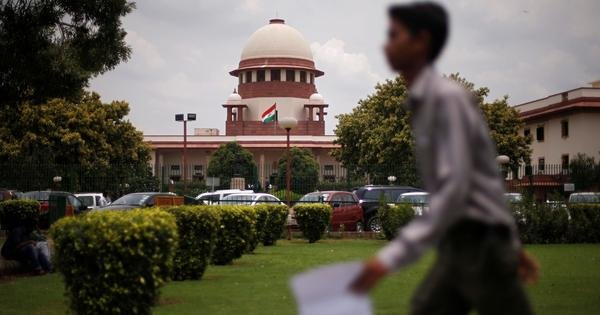Supreme Court Upholds Section 498A of Indian Penal Code
No Infringement of Right to Equality

In a ruling on Tuesday, the Supreme Court dismissed a petition challenging Section 498A of the Indian Penal Code. The petition, filed by non-profit organization Janshruti, claimed that the law violated Article 14 of the Constitution’s right to equality. The bench, comprising Justices Surya Kant and N Kotiswar Singh, found no merit in the petition, which sought legal protection against allegedly false complaints filed by women under Section 498A.
Article 15(3) Allows Special Laws for Women
The court described the plea as “wholly misconceived and misdirected”. It emphasized that Article 15 explicitly permits the enactment of special laws for the protection of women. The court suggested that the alleged misuse of Section 498A should be examined on a case-by-case basis.
- Article 15(3) empowers the state to create special legal provisions for women and children.
- This provision acknowledges the social reality of discrimination faced by women in Indian society.
Section 498A: Safeguarding Married Women from Cruelty
Despite the existence of the Dowry Prohibition Act since 1961, most dowry harassment cases in India are registered under Section 498A of the Indian Penal Code. This section addresses physical or mental cruelty inflicted by husbands and their relatives, including harassment for dowry. Offences under Section 498A are cognizable, non-bailable, and punishable with imprisonment of up to three years.
- Section 498A was added to the Indian Penal Code in 1983.
- The objective was to protect married women from cruelty in a country where dowry, domestic violence, and patriarchy are prevalent.
- Between 2012 and 2014, there were 24,771 reported dowry deaths in India.
- In 2015, more than 760 deaths were recorded, and these figures do not account for all instances of dowry harassment that did not result in death.
Court Observations on Misuse of Section 498A
During the hearing on Tuesday, the court made verbal observations questioning the generalization of the misuse of some laws. Justice Kant asked, “We understand that it’s a spicy news item that Section 498A is being misused… Where are the instances of misuse?” The court also dismissed the petitioner’s argument that domestic violence cases in India can only be filed by women, while other countries allow anyone to file such cases. Justice Kant responded, “We maintain our sovereignty. Why should we follow other countries? They should follow our country!”
Experts: Challenges for Women in Accessing Remedies
Experts familiar with these laws have pointed out that it is challenging for women to avail of the remedies of maintenance and cruelty from the criminal justice system. Obstacles to justice for married women, such as forced counselling sessions and moralising, have also been documented by Scroll.



